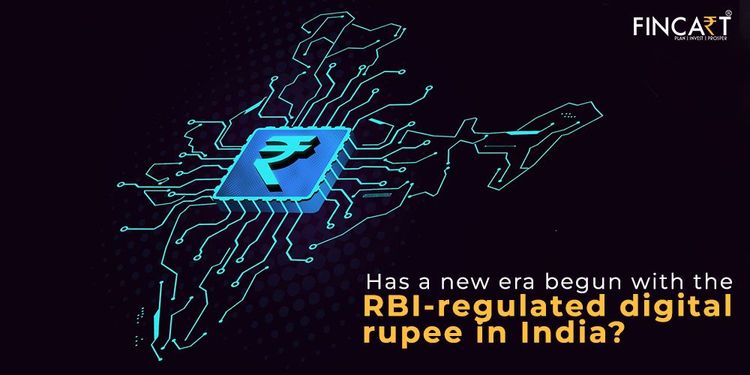Table of Contents
ToggleThe trend of digital currencies has been globally accepted as a new mode of transaction. The launch of RBI’s digital rupee in India is believed to be a new era! An electronic version of cash sounds interesting! However the question here is, does the digital rupee have the potential to outpace other modes of transaction, or is it just going to get off on its own? Let’s find out about it!
what’s the story behind the cbdc launch?
Did you know that as of March 2022, the Atlanta council stated that around 87 countries were considering issuing a CBDC, out of which 9 countries have already launched a centrally governed digital currency?
The popularity of digital currencies has skyrocketed. Especially after cryptocurrencies gained such colossal attention because of their decentralized nature. Governments across the globe became active in trying to make the most of virtual currencies differently.
This, they believed could be done with the use of a Central Bank Digital Currency or CBDC, directly controlled by the central bank. It’s a digital version of a country’s fiat currency. As a result, the central bank issues electronic coins or government-backed accounts.
How is the digital rupee pilot work in India?
In a pilot program, India’s central bank has enlisted nine private and state-owned banks to conduct interbank transactions using its digital rupee. It will have the same value and legitimacy as a banknote or coin, except that it will take no physical form, for easier transfers and settlements.
As it will be the direct responsibility of the central bank, it can be used by all – the private sector, non-financial consumers, and businesses.
As per the RBI, “CBDC is the legal tender issued by a central bank in a digital form. It is the same as a fiat currency and is exchangeable one-to-one with the fiat currency. Only its form is different.”
Let’s see how will it function:
- Transaction will be done with e-R through a digital wallet offered by the participating banks.
- Person-to-person (P2P) and person-to-merchant (P2M) transactions are both possible.
- QR codes displayed at merchant locations can be used to make payments to them.
“The e-R would offer features of physical cash like trust, safety, and settlement finality. As in the case of cash, it will not earn any interest and can be converted to other forms of money, like deposits with banks,” the RBI said.
How will it be any different from the digital money you transact using UPI?
The major difference between the two will be about the presence of intermediaries enabling a transaction. Presently, the transfer of money that you do over UPI initiates a request & forwards it to the banks. Then the bank, being the decision maker decides to deduct the balance & transfer the money to the beneficiary account.
However, with the digital rupee, there will be no need for intermediaries involved in your transaction process. Here, you could transfer the digital money from your wallet to another wallet of an individual or a merchant. In simpler terms, it’s the same way you handle physical cash from your wallet but here, it would only be a digital wallet!
The digital rupee is not a cryptocurrency!
The digital Rupee is different from traditional cryptocurrency. The RBI backs this Central Bank Digital Currency (CBDC), also known as Central Bank Digital Currency (CBDC).
- Cryptocurrency is decentralized, whereas the digital Rupee is issued and controlled by RBI and it’s the central bank that decides all the parameters for the CBDC.
- Under cryptocurrency, the value fluctuates, based on the transactional volume, whereas the digital Rupee will have a fixed value and is also considered a legal tender in India.
- Payments and other monetary transactions are the only use cases for the digital rupee. However, cryptocurrencies are categorically both assets and currencies.
- In terms of scalability, digital rupees are efficient since they operate on permissioned networks.
- Cryptocurrencies and digital rupees serve different purposes, so they cannot be directly compared. With the digital rupee, India takes a step closer to the digital revolution.
What possible advantages does the digital rupee entail?
You might have faced a situation when you want to transfer a large sum of money & gets restriction from the bank side. Considering the UPI payments too, there is a certain restriction on your daily limit. To ease this situation, the digital rupee stored in your wallet will transfer the money instantly!
- Reduced operational costs associated with physical cash management
- Cost reductions in transactions
- Making payments more resilient, efficient, and innovative
How to avail of digital rupee services?
As stated by the RBI, digital currency is currently available for a close group of people in selected cities. If you are in that selected group, this is how you will be able to avail of CBDC services:





